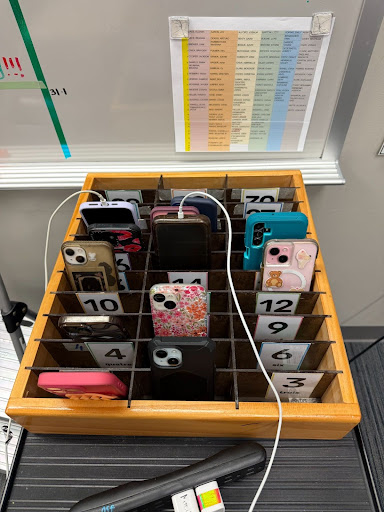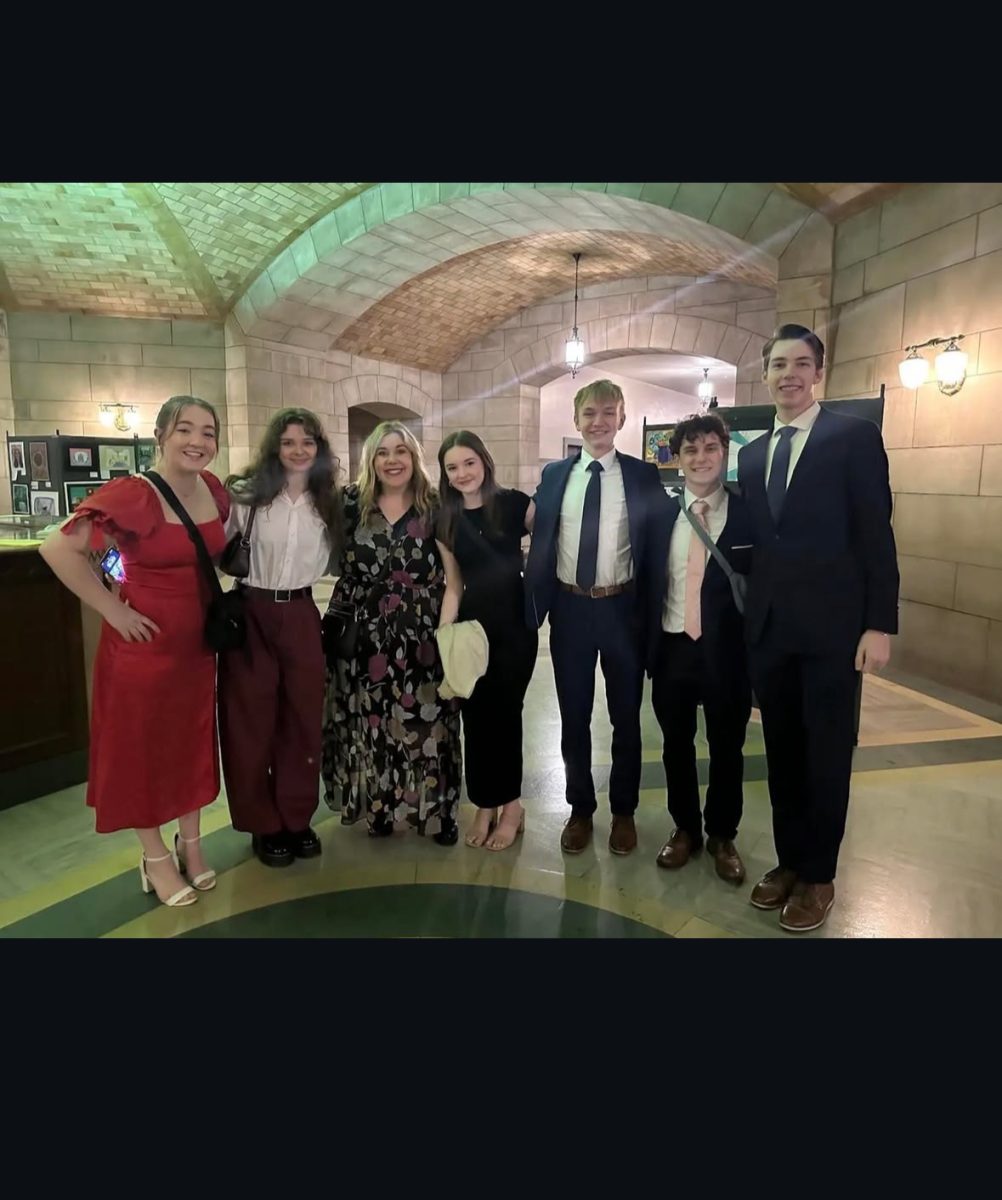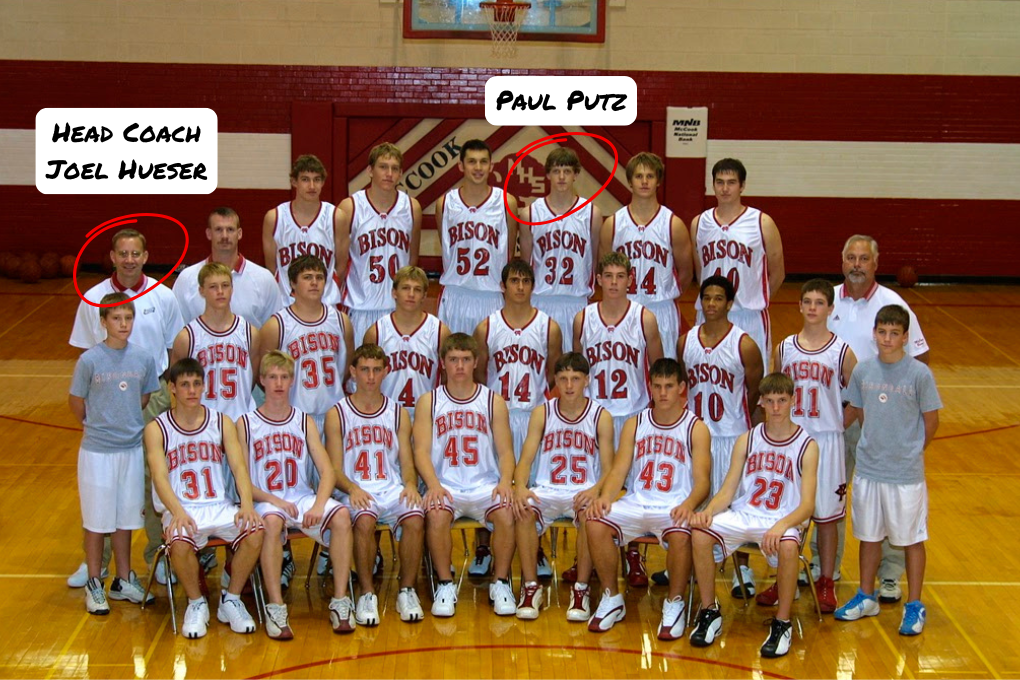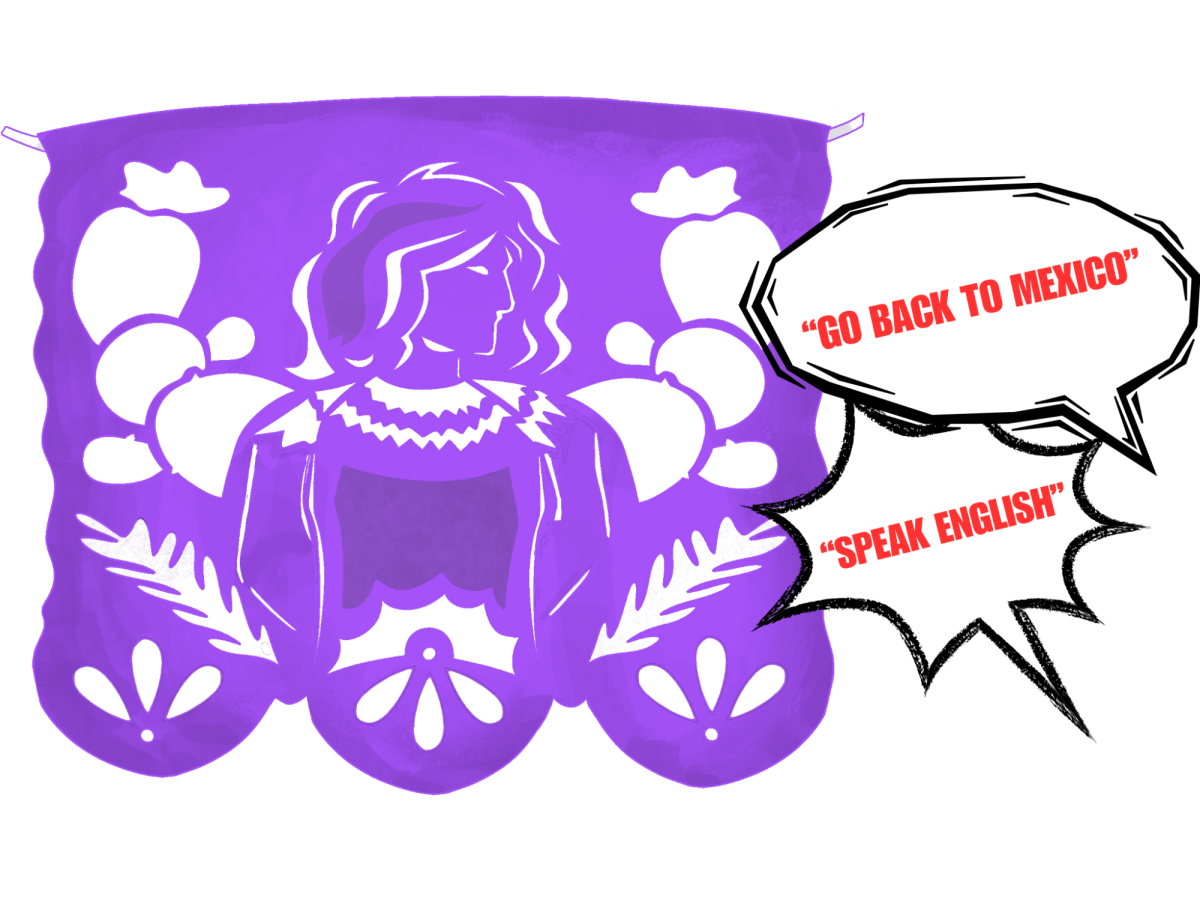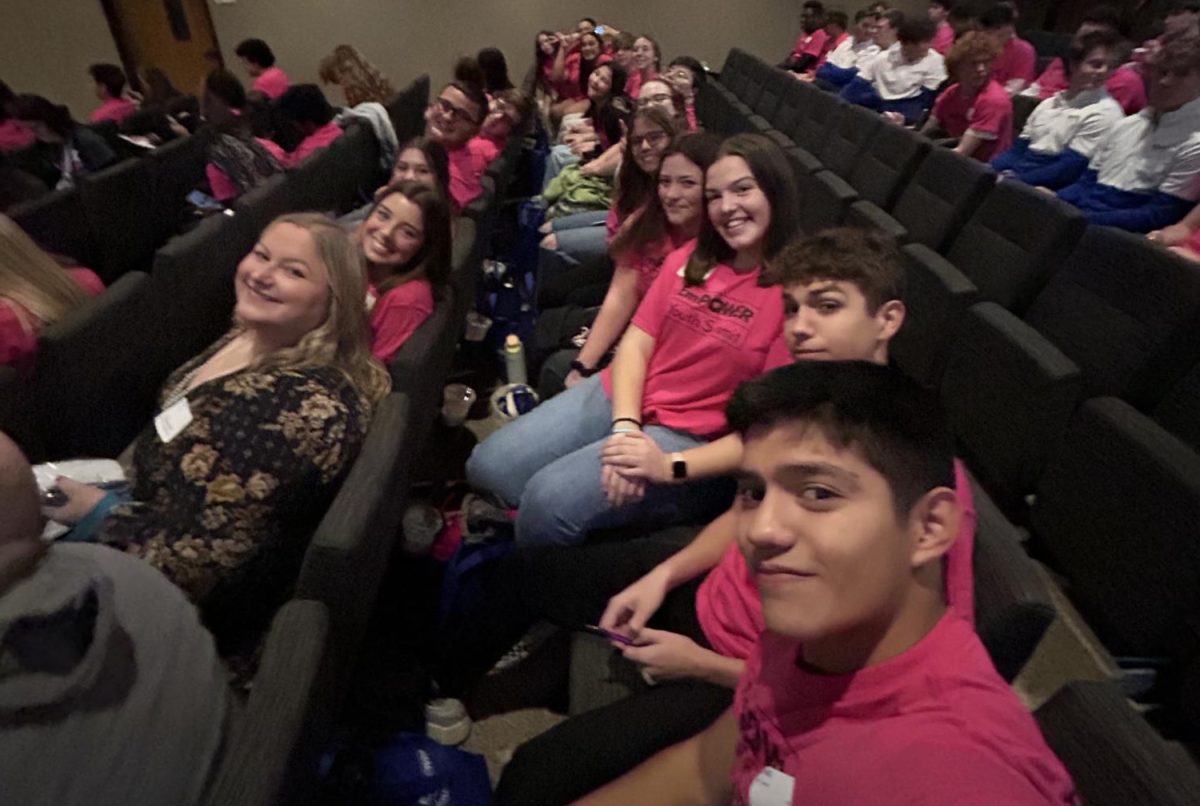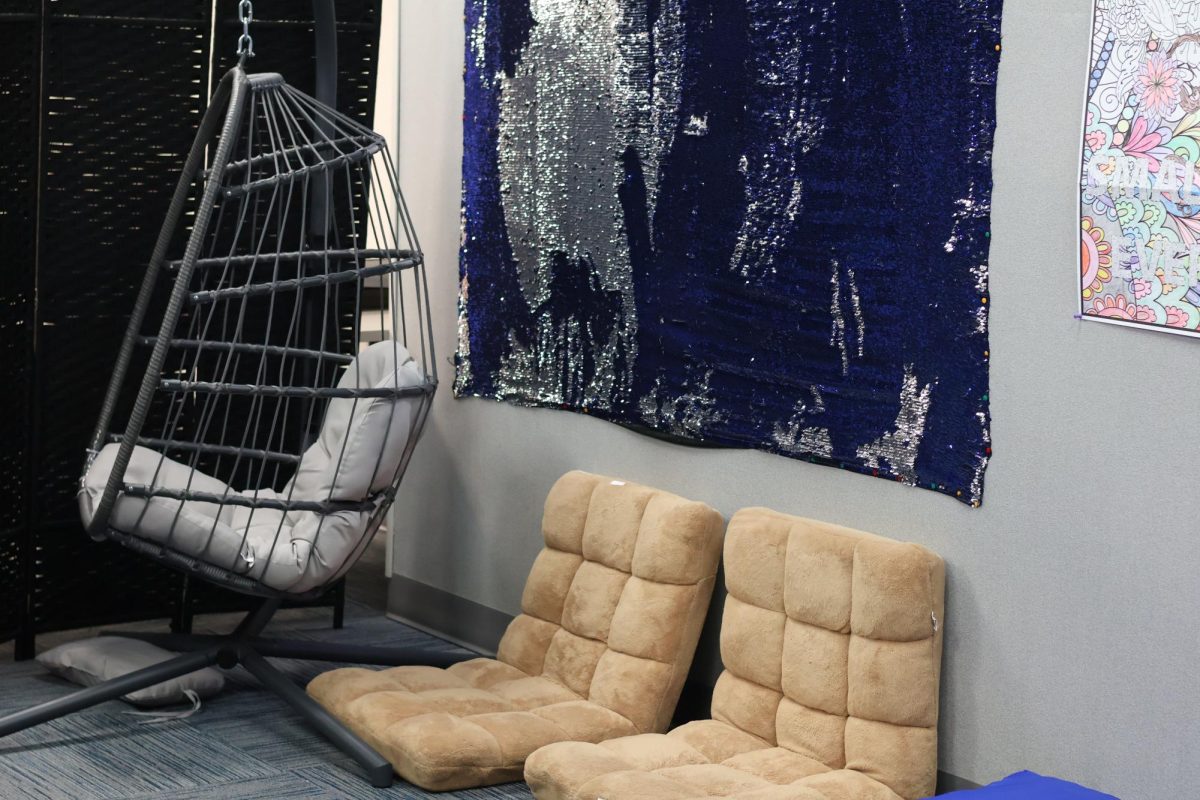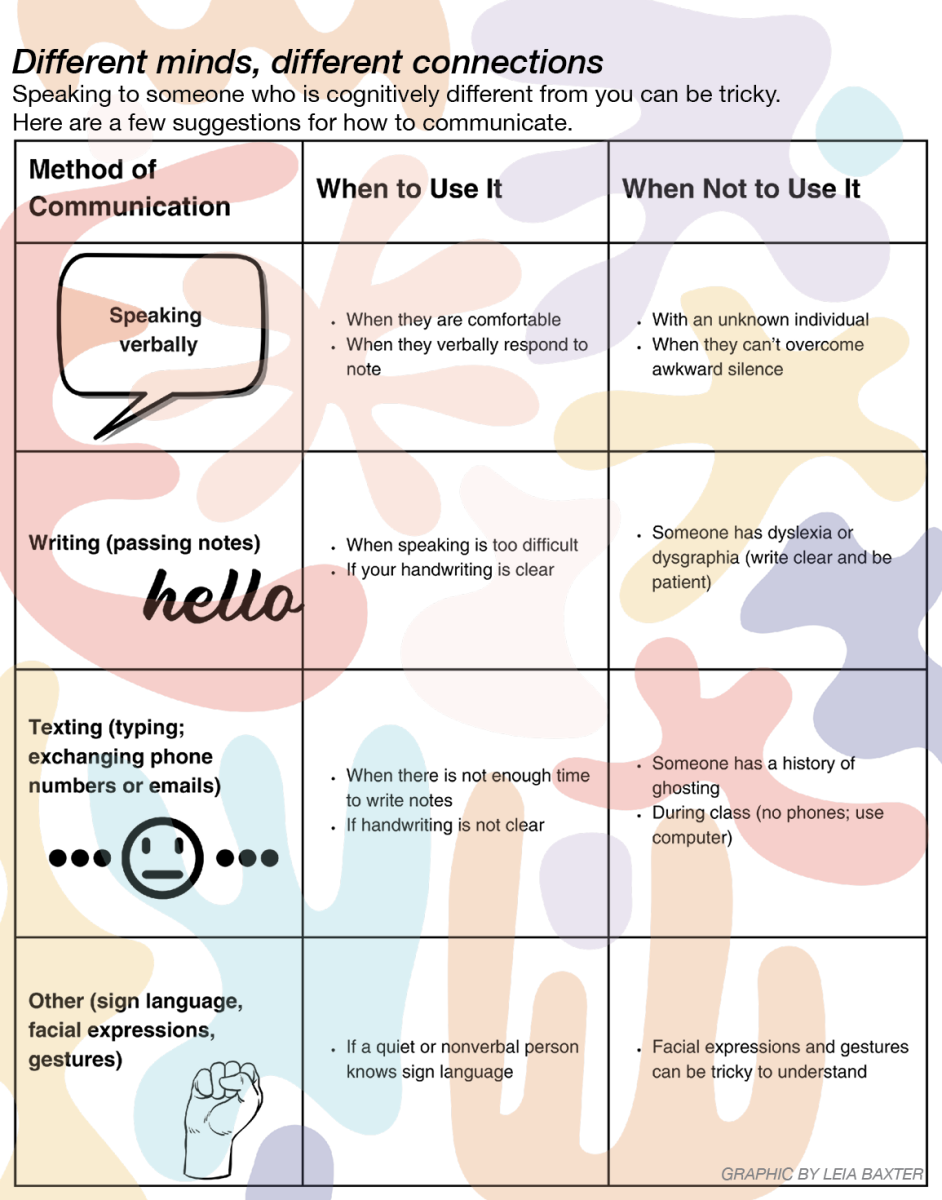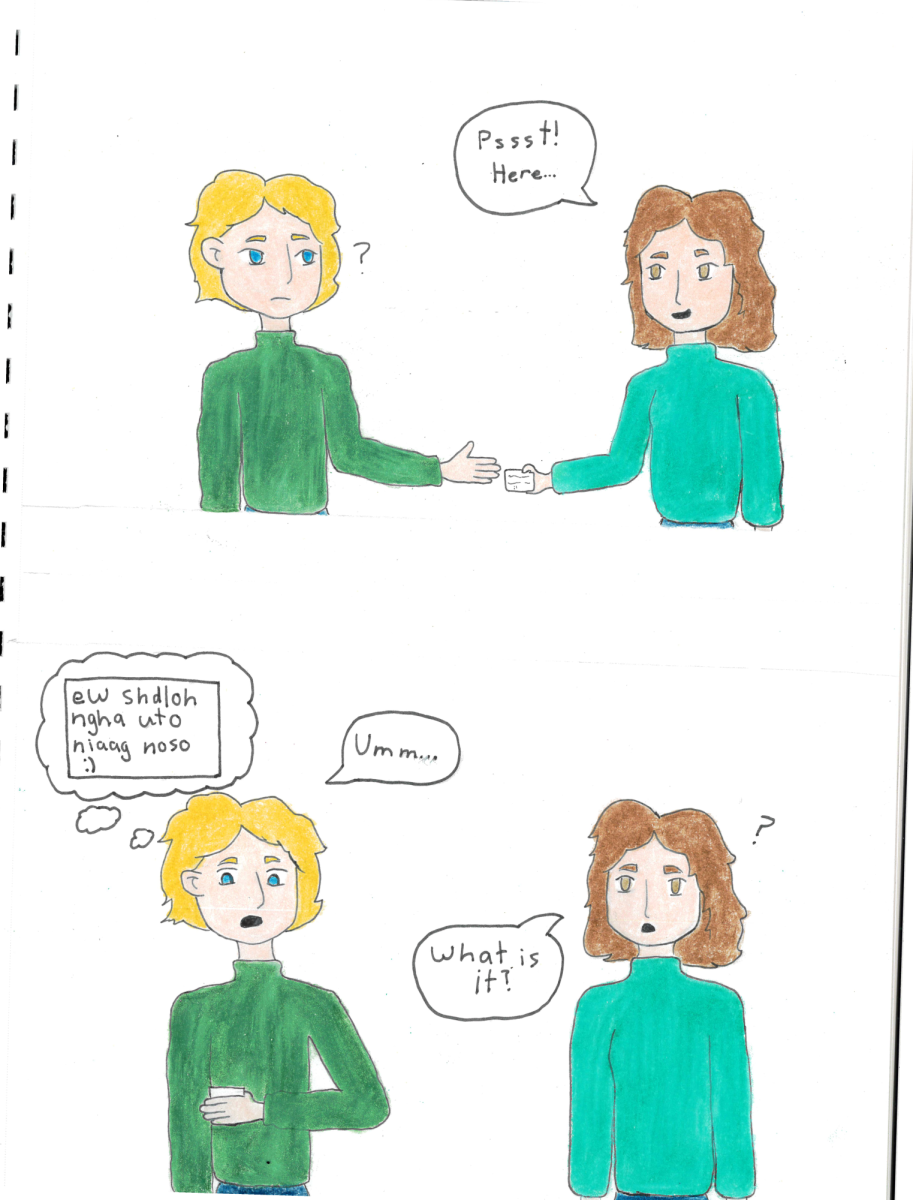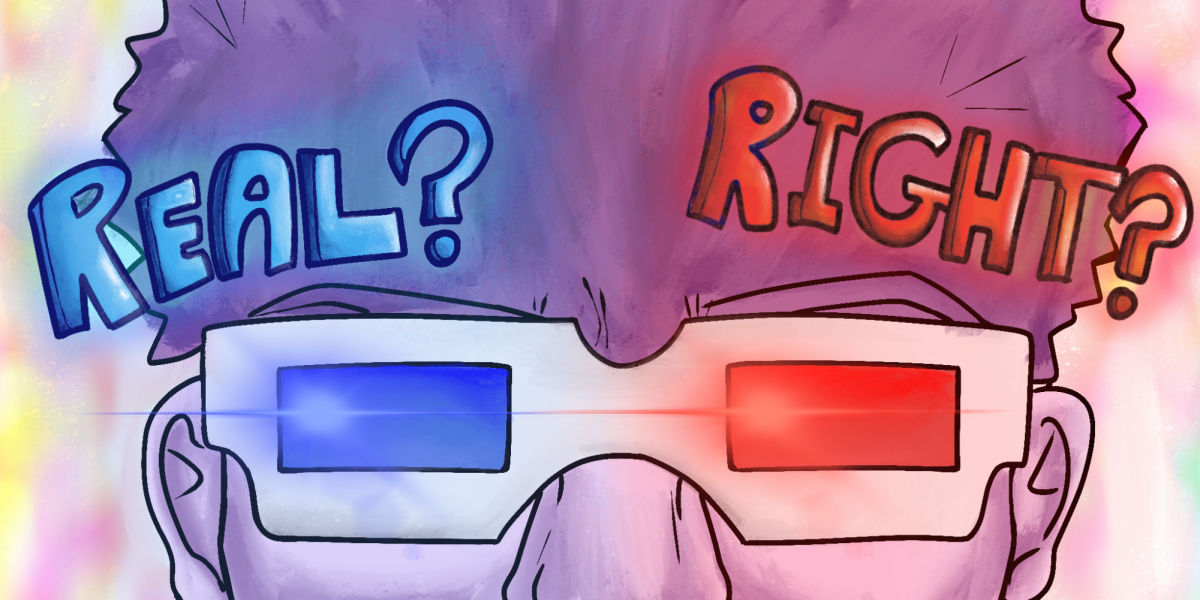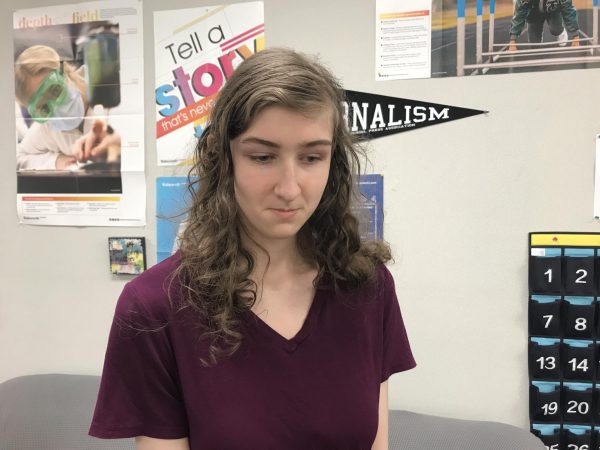I am an autistic person who has always had trouble talking to people. A common interpretation of autistic people is the need to avoid sensory overload, or loud noises and flashing lights. However, if we cannot speak in the first place, then our needs might go unaddressed. People with ADHD or some other disorder might also have trouble talking to “normal” people because of their “odd” behavior.
Neurodiversity
Have you ever met someone, felt something was off and avoided them? If so, you have probably met a neurodivergent person. Neurodiversity is an umbrella term that describes differences in cognition and behavior. It includes autism spectrum disorder (ASD), attention-deficit and hyperactivity disorder (ADHD) and obsessive-compulsive disorder (OCD). There are a number of other disorders that fall under neurodiversity. People who do not have such differences are neurotypical.
The reason we get an unusual feeling about someone who is cognitively different from us is because we cannot empathize with said person. Neurodivergent people might avoid eye contact, make vocal or motor tics, be distracted by something or stay awkwardly silent. Neurotypical people might use a sarcastic tone of voice when speaking or expect the person they are talking to to be their kind of normal.
If someone is autistic, then the double empathy problem applies. This problem is a mutual lack of understanding that usually prevents autistic and non-autistic people from interacting or connecting. This makes communication especially difficult because, as an autistic person, behavior is built on indestructible habits. There might be autistic people who mask their symptoms, but they cannot change their worldview or how they process information.
Things to Keep in Mind
EFFECTS: In my case, the effects of no communication with others are a lack of school pride, potential resentment and chronic loneliness. Other neurodivergent people who struggle to talk to neurotypical people might feel differently, but social isolation is usually not healthy for anyone.
FACIAL EXPRESSIONS: A person’s face does not always tell you how they are feeling. If you think they are upset, you can ask them how their day was. Do not be a bystander by telling yourself someone else will speak or has spoken to them. The assumption that they do not want to talk leads to you unintentionally acting as though they do not exist. Acknowledgment makes my day, even if my face does not show it.
TONE OF VOICE: Due to the double empathy problem, autistic people have trouble reading someone else’s tone of voice or their own. For example, I cannot tell whether someone is genuine or sarcastic unless I know them. Also, since I speak in a monotone voice, other people might think I am tired, upset or uninterested. Like facial expressions, tone of voice does not always convey a person’s emotions. You can always ask how they are feeling.
EMPATHY: Sociopathy does not fall under the umbrella of neurodiversity. A neurodivergent person could be fully apathetic, but not all neurodivergent people have no empathy. For example, I can tell when someone is angry and that I should not talk to them. However, I have trouble interpreting my own emotions, so I cannot understand someone else’s complex feelings.
SELECTIVE MUTISM: Although anyone, neurotypical or not, can have this anxiety disorder, I will include it because neurodivergent people might stay silent instead of talking. A fellow student at this school gave me compliments every day for a semester but they did not know I was unable to respond due to selective mutism, so they ended up calling me a curse word.
INTROVERSION AND EXTROVERSION: Personally, I believe neurodiversity blurs the line between introversion and extroversion. This is because I want to have a full conversation with someone, but I would rather stay silent during class and read a book during lunch. A person’s behavior in social situations is confusing when you do not ask them about it.
Building a Bridge
First of all, it is difficult to befriend someone cognitively different from you without sharing a common interest with them. A neurodivergent person may be interested in one or two things, like science and art or video games and books. It might be possible for a neurotypical person to become their friend despite a lack of shared interests, but that might require similar experiences or repeated contact. Attending a club, working similar shifts and sitting at the same table during lunch can allow people time to get used to one another.
Personally, I believe questions are the easiest way to talk to someone who is neurotypical or neurodivergent. Questions can be simple and they do not make people feel defensive. They also demonstrate interest and curiosity; people usually become more comfortable with sharing facts about themselves when someone shows interest.
Although it has been scientifically proven that neurotypical people are more likely to have a bad first impression of autistic people, asking questions and being an active listener can help break down any misinterpretations.
I have nothing to say regarding befriending someone who is neurotypical, because I have no experience.


